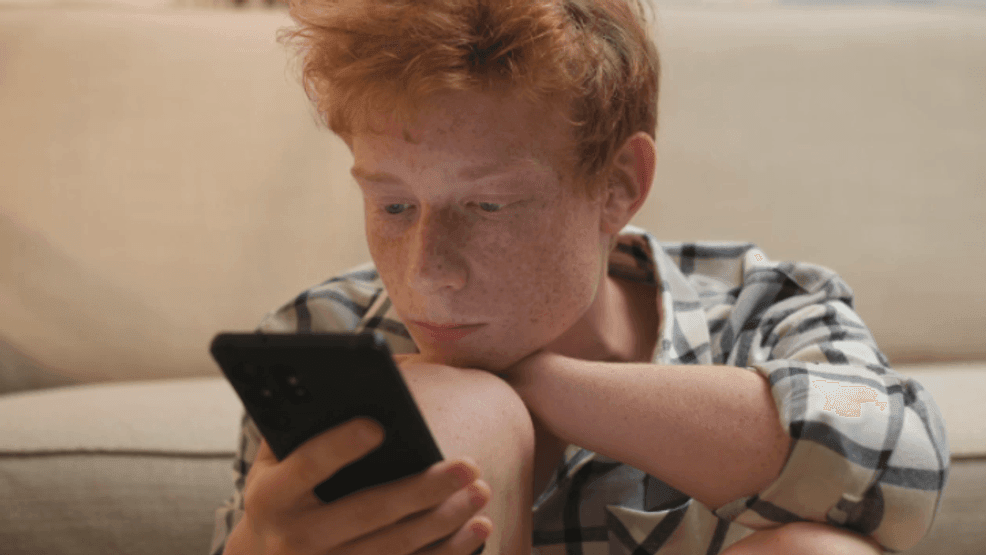A mother shares her experience with her 7-year-old son, who has been prescribed medication for anxiety. The boy, previously overwhelmed by worry and fear, now exhibits a noticeable change in his mood and behavior after starting Zoloft, a common antidepressant.
Initially, therapy sessions twice a month were not enough to alleviate his anxiety symptoms. The child faced challenges such as difficulty falling asleep, a tendency to overthink, and feelings of sadness without clear reasons. These issues often manifested as explosive outbursts and clinginess. His mother, who also battles generalized anxiety disorder, recognized these patterns and sought help quickly.
Signs of anxiety were apparent, prompting her to enroll him in therapy. Techniques learned included using ‘monster spray’ to ease bedtime fears and a finger-counting method to calm himself during anxious moments. However, despite these efforts, her son expressed feeling anxious ‘all the time.’
After consulting with their doctor, they decided to try Zoloft. The child was already accustomed to taking medication for ADHD, which helped in his transition to a new routine. Within days of starting Zoloft, his mother observed a dramatic change. He became more joyful, relaxed, and engaged with his family, displaying behaviors that indicated a lighter emotional burden.
The boy now enjoys playing with his dog and interacting with his siblings without the weight of constant worry. Minor frustrations no longer lead to meltdowns, and he articulates his feelings more effectively. For instance, he reminds his mother to maintain a calm tone and encourages himself to take deep breaths when feeling frustrated.
The impact of medication has been evident: he transformed from a child burdened by anxiety to one who can enjoy his childhood freely. This experience highlights the importance of seeking comprehensive treatment strategies for children facing mental health challenges. Medication, in conjunction with therapy, can provide essential support to help young individuals thrive.



